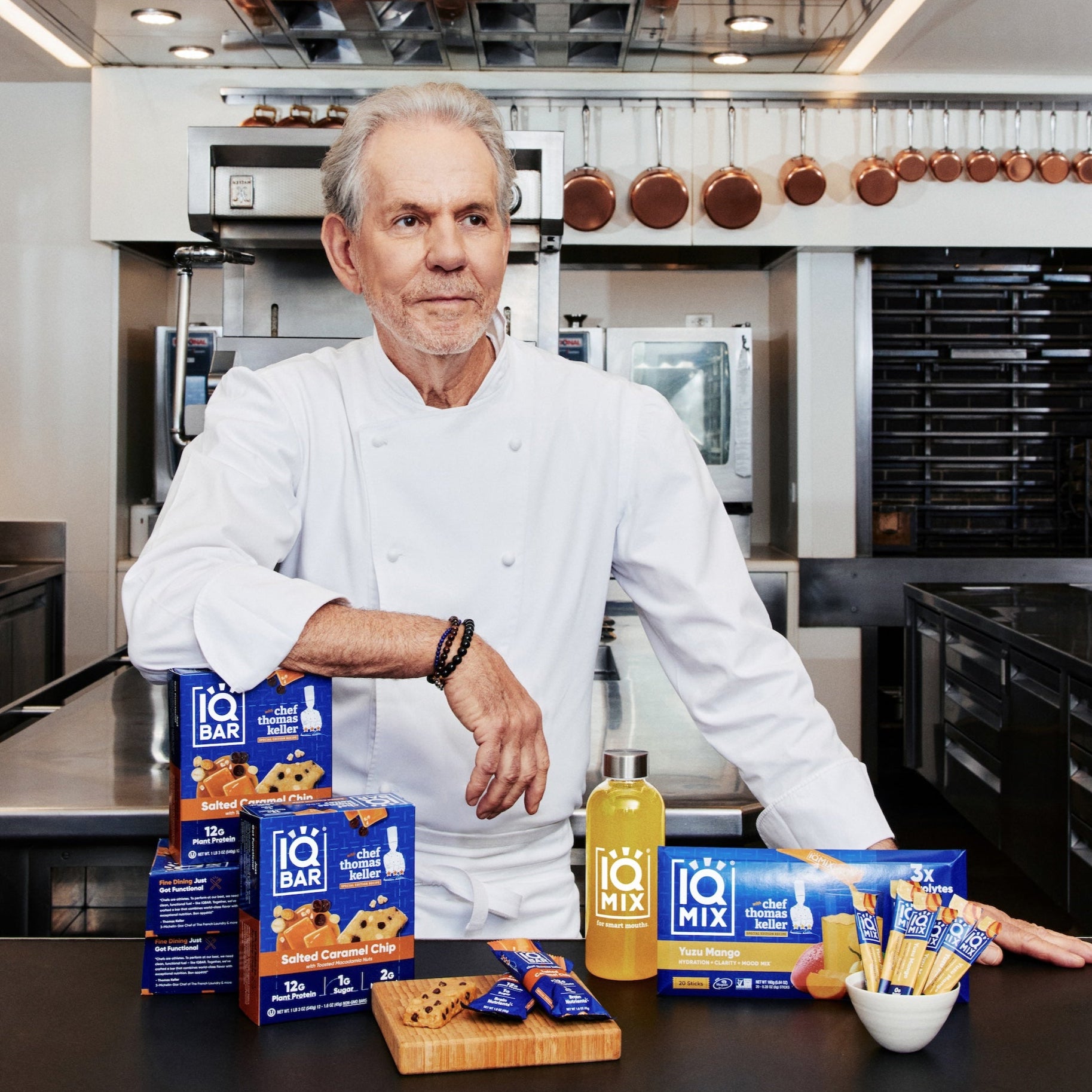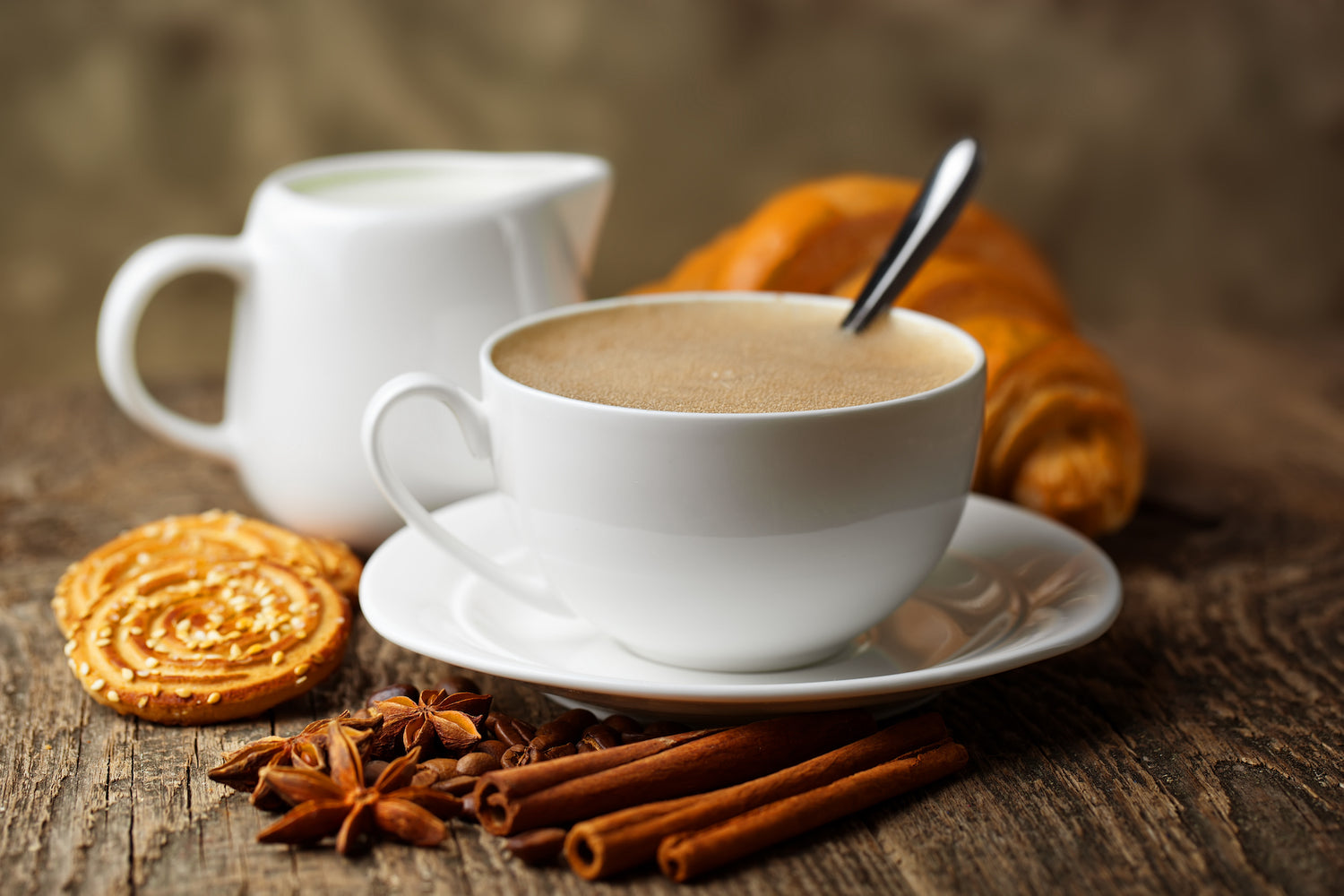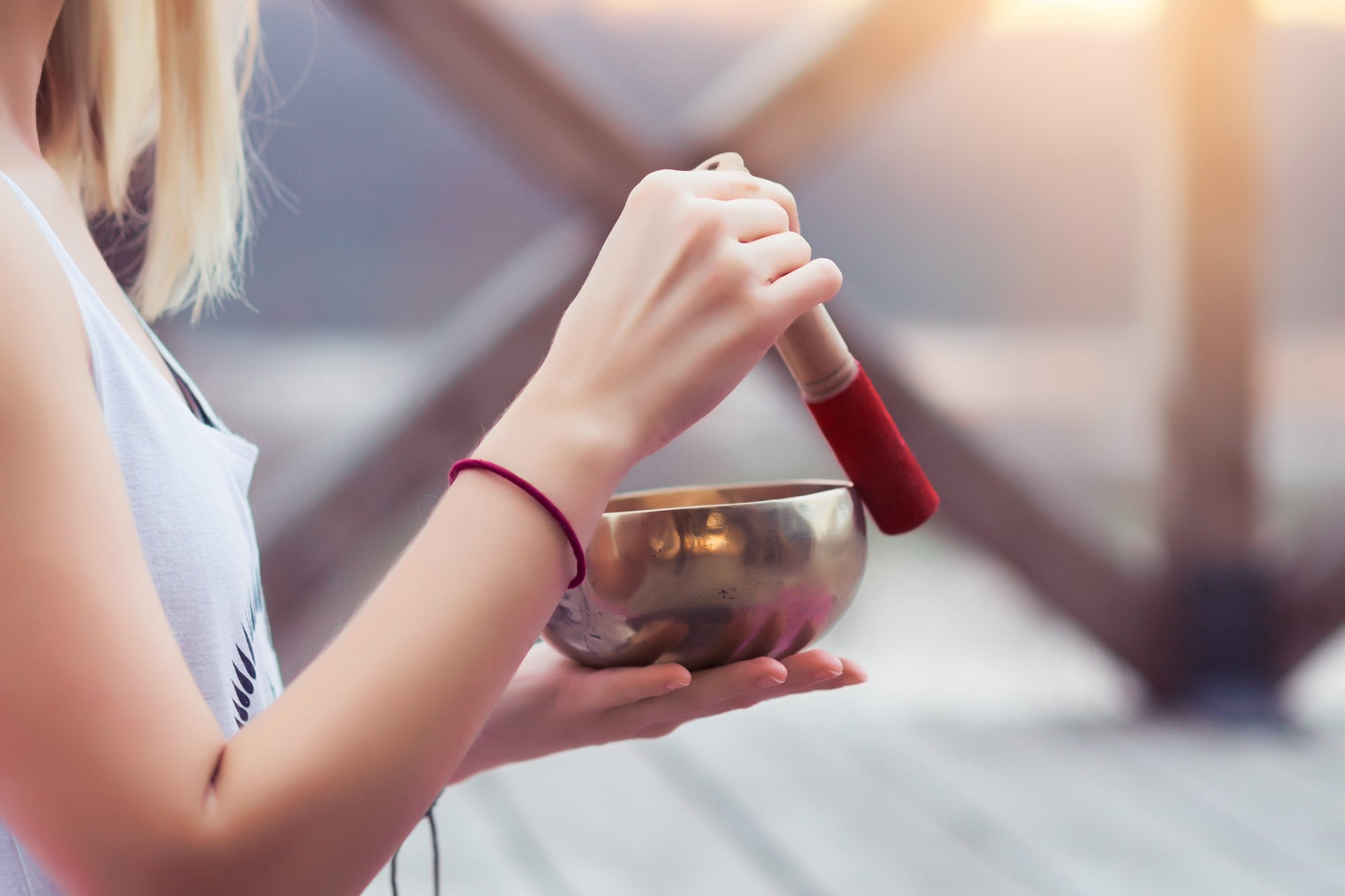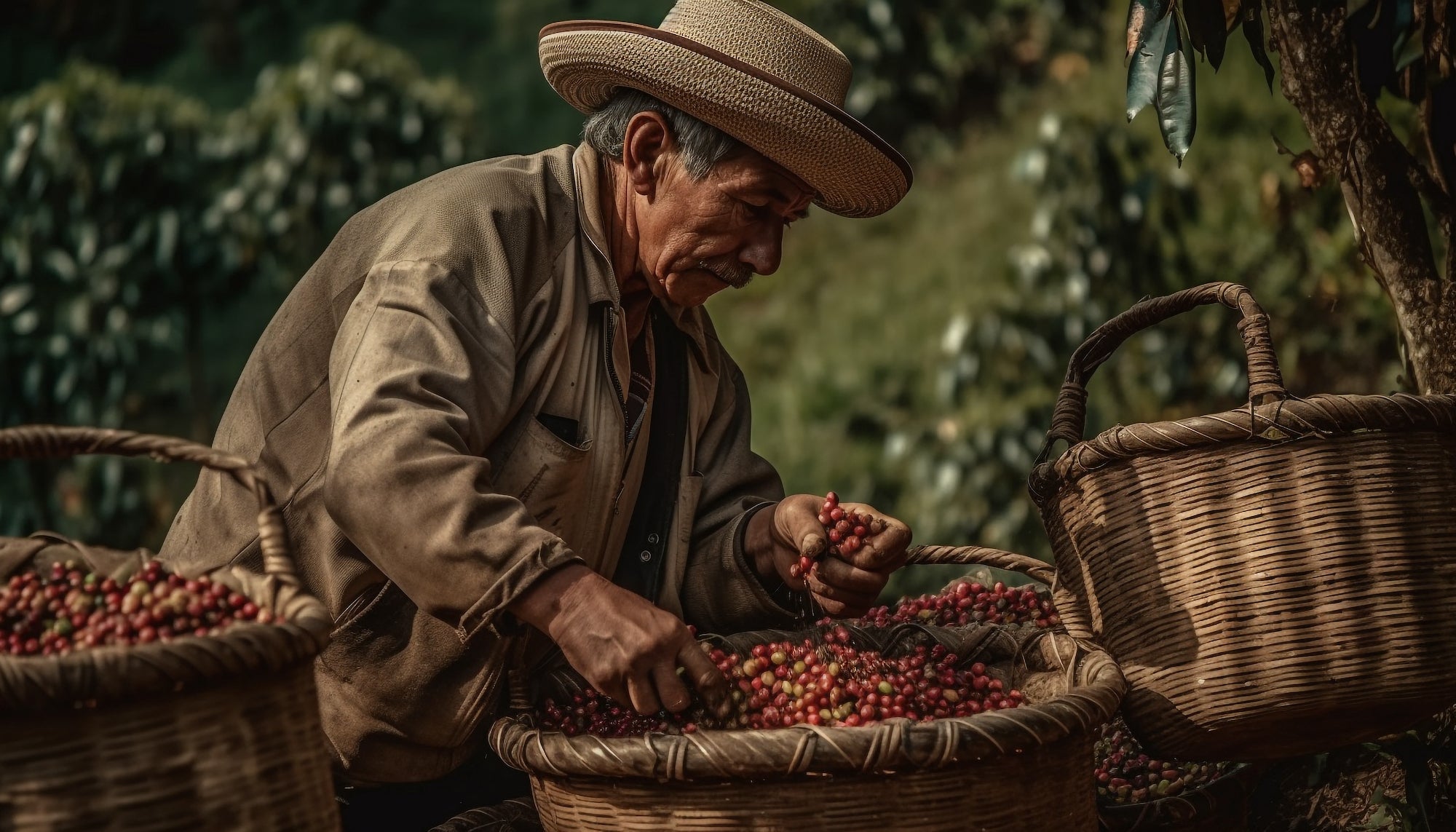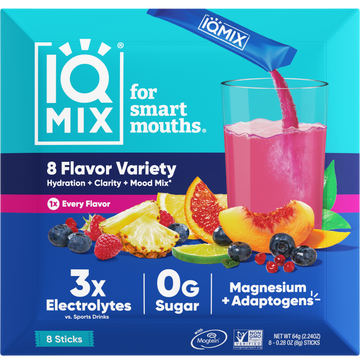For years, the belief that drinking coffee causes dehydration has permeated popular health wisdom. But how much truth is there to this claim? Does your daily cup of java really offset your body’s hydration levels, or is this just another myth waiting to be debunked?
Good news, coffee lovers: it’s a myth—one kept alive by weak studies and hearsay. Read on to learn why it’s time to retire this notion once and for all.
What Is Dehydration?
Before we delve further into the debate about coffee’s supposed dehydrating effects, it’s crucial to understand what dehydration actually means. Dehydration occurs when your body loses more fluids than it takes in. This fluid loss results in your body not having enough water to carry out its normal functions. It can also throw off your balance of vital electrolytes like sodium and potassium.
Dehydration is commonly triggered by not drinking enough water, but it can also be caused by excessive sweating, vomiting, and diarrhea.
The early warning signs of dehydration can be subtle but escalate if left unaddressed. Initial symptoms may include:
- Dry mouth and throat
- Thirst
- Fatigue
- Dizziness or lightheadedness
- Dark yellow urine
- Reduced urine output
Severe dehydration is a medical emergency that can lead to:
- Extreme thirst
- Sunken eyes
- Rapid heartbeat and breathing
- Confusion or irritability
- Fainting
The Origin of the Myth
Whether or not coffee dehydrates you has been a subject of debate for decades. But where exactly did this idea originate?
One likely source is research suggesting that caffeine, the active ingredient in coffee, possesses diuretic properties when consumed in large quantities (500 mg of caffeine or more, which is the amount in a little over 5 cups of coffee).[*]
A diuretic is a substance that causes increased passing of urine. This characteristic of caffeine has led many people to make the leap of logic that more urine output means less water in the body, which subsequently means dehydration.
Based on said research, “Avoid coffee if you want to stay hydrated” has become an easy mantra for health blogs, fitness coaches, and even some healthcare providers to share.
However, this notion isn't grounded in a comprehensive understanding of the physiological effects of coffee consumption (more on this shortly).
What Does the Science Say?
Fortunately for coffee lovers, well-designed studies do not support the idea that drinking coffee dehydrates you.
A 2014 meta-analysis found that caffeine does not lead to dehydration in healthy adults, even when consumed alongside physical exercise.[*] The studies included in this analysis focused on individuals who consumed a dosage of 300 mg of caffeine through coffee or other caffeinated drinks.
Another 2014 study found that drinking four 7-ounce cups of coffee daily for three days resulted in the same hydration status as drinking an equal amount of plain water.[*] The study concluded that moderate coffee drinking doesn’t dehydrate you and is pretty much the same as drinking water when it comes to hydration.
Why Doesn’t Coffee Dehydrate You?
Given caffeine’s reputation as a diuretic—meaning it can make you urinate more—it may sound counterintuitive that it doesn’t dehydrate you. How can this be? The answer lies in understanding the “net” effect of coffee on your body’s fluid balance.
Caffeine does indeed increase urination, however, the mild diuretic effect is not strong enough to counteract the hydration provided by the water content of the coffee. In other words, the amount of water in your cup of coffee more than compensates for the small amount of fluid you may lose due to the caffeine.
The Benefits of Caffeine
Not only does coffee not dehydrate you (and may even contribute to your daily fluid intake), but it also offers other impressive health benefits:
- Neuroprotection: Coffee may protect against certain neurodegenerative disorders, including Alzheimer’s disease and Parkinson’s disease. In one study, drinking 3-5 cups of coffee daily during mid-life was associated with a 65% decreased risk of dementia and Alzheimer’s disease later in life.[*]
- Mood support: Caffeine acts as a mild antidepressant by boosting the production of certain neurotransmitters like serotonin, dopamine, and noradrenaline. One study found that compared to drinking one cup of coffee daily, drinking at least four cups of coffee daily was associated with a significantly lower risk of depression. Decaf coffee was not associated with this benefit.[*]
- Enhanced metabolism: Due to its stimulant effects on the central nervous system, caffeine has the potential to boost metabolism by as much as 11% and enhance fat burning by up to 13%.[*][*][*]
- Enhanced exercise performance: Studies indicate that consuming doses of approximately 2.3 mg per pound of body weight can boost endurance performance by up to 5% when taken an hour before exercising.[*]
- Heart health: Contrary to popular belief, caffeine does not increase the risk of heart disease.[*] In fact, research indicates that men and women who consume
between 1-4 cups of coffee daily—which equates to roughly 100-400 mg of caffeine—have a 16–18% reduced risk of cardiovascular disease.[*]
Caffeine Intake Guidelines
So, we’ve established that coffee consumption won’t dehydrate you and actually has several health-boosting effects. But how much caffeine is safe to consume?
The Food and Drug Administration (FDA) suggests that up to 400 milligrams of caffeine daily is generally considered safe for most adults. That’s roughly equivalent to four 8-ounce cups of brewed coffee or two sticks of IQJOE instant coffee.
However, individual tolerance to caffeine varies. For some people, caffeine can cause jitters or insomnia. If you’re sensitive to caffeine but still want to reap its benefits, try IQJOE. This instant coffee offers 200 mg of natural caffeine per packet and includes lion’s mane mushroom and magnesium l-threonate.
Lion’s mane is an adaptogen, meaning it helps your body adapt to stress. When combined with high-caffeine coffee, lion’s mane may serve as a natural counterbalance to some of the less desirable effects of caffeine.
IQJOE comes in four flavors: Original Black, Vanilla Spice, Toasted Hazelnut, and Caffè Mocha. Not sure which flavor to choose? Try our 16-Stick Variety Pack to find your favorites!
Bottom line? Coffee won’t drain you dry so there’s no need to stop your daily coffee intake. In fact, it just might perk up your spirits and neurons! So go ahead—sip that morning cup of joe without worry and enjoy your enhanced wellness!
Written by Katie Koschalk, a health and wellness writer, certified holistic nutritionist, and certified personal trainer based in California.
